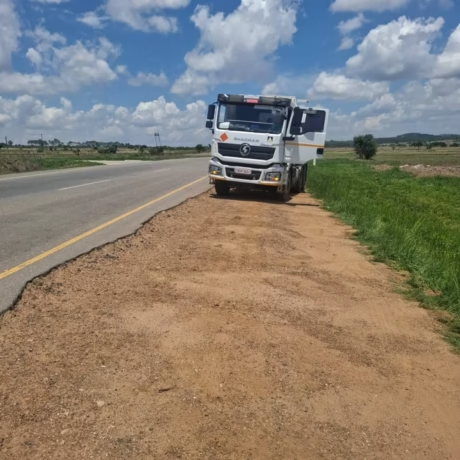
TASHKENT, Uzbekistan – Uzbekistan’s President Shavkat Mirziyoyev on Monday addressed the 150th Assembly of the Inter-Parliamentary Union (IPU), urging global legislative leaders to play a more proactive role in tackling poverty, climate change, conflict, and social inequality.
Speaking before over 2,000 delegates representing 181 national parliaments and 15 regional associations, President Mirziyoyev underscored the growing need for parliamentary diplomacy and cooperation in a world increasingly plagued by economic instability, armed conflicts, and environmental degradation.
“The collective experiences of our countries are invaluable in nurturing evidence-based leadership,” said the President, calling for legislative institutions to work more closely in advancing peace, social justice, and sustainable development.
Mirziyoyev emphasized the contrast between global economic growth and rising inequality, noting that while global GDP has grown 4.5 times in the past three decades, income stagnation continues to affect the world’s poorest populations. He warned that without coordinated action, 575 million people could still be living in poverty by 2030, and over 80 million children may remain out of school.
The President also spotlighted Uzbekistan’s own reform agenda under the “Uzbekistan – 2030” strategy, which has expanded the powers of parliament, improved transparency, and boosted representation of women—who now constitute 38 percent of the national legislature. He also praised the introduction of youth parliaments as a model for promoting civic participation among younger generations.
On international issues, Mirziyoyev called for diplomatic solutions to global conflicts, including the wars in Ukraine and Gaza, and reiterated support for a two-state solution to the Palestinian-Israeli conflict. He also stressed the importance of climate action, urging parliaments to accelerate the transition to renewable energy and adopt national policies to mitigate the effects of climate change.
Highlighting gender equality and youth empowerment, he proposed a United Nations resolution to enhance the socio-economic role of Asian women and called for the creation of a Global Platform of Youth Parliaments to involve young leaders in governance.
In addition, the Uzbek leader encouraged cooperation on artificial intelligence, proposing the development of a model law on AI ethics to ensure responsible and equitable use of emerging technologies.
President Mirziyoyev concluded his remarks by emphasizing unity, inclusivity, and parliamentary solidarity in advancing sustainable development goals. He invited lawmakers to an international conference on poverty reduction to be held in Uzbekistan later this year.




